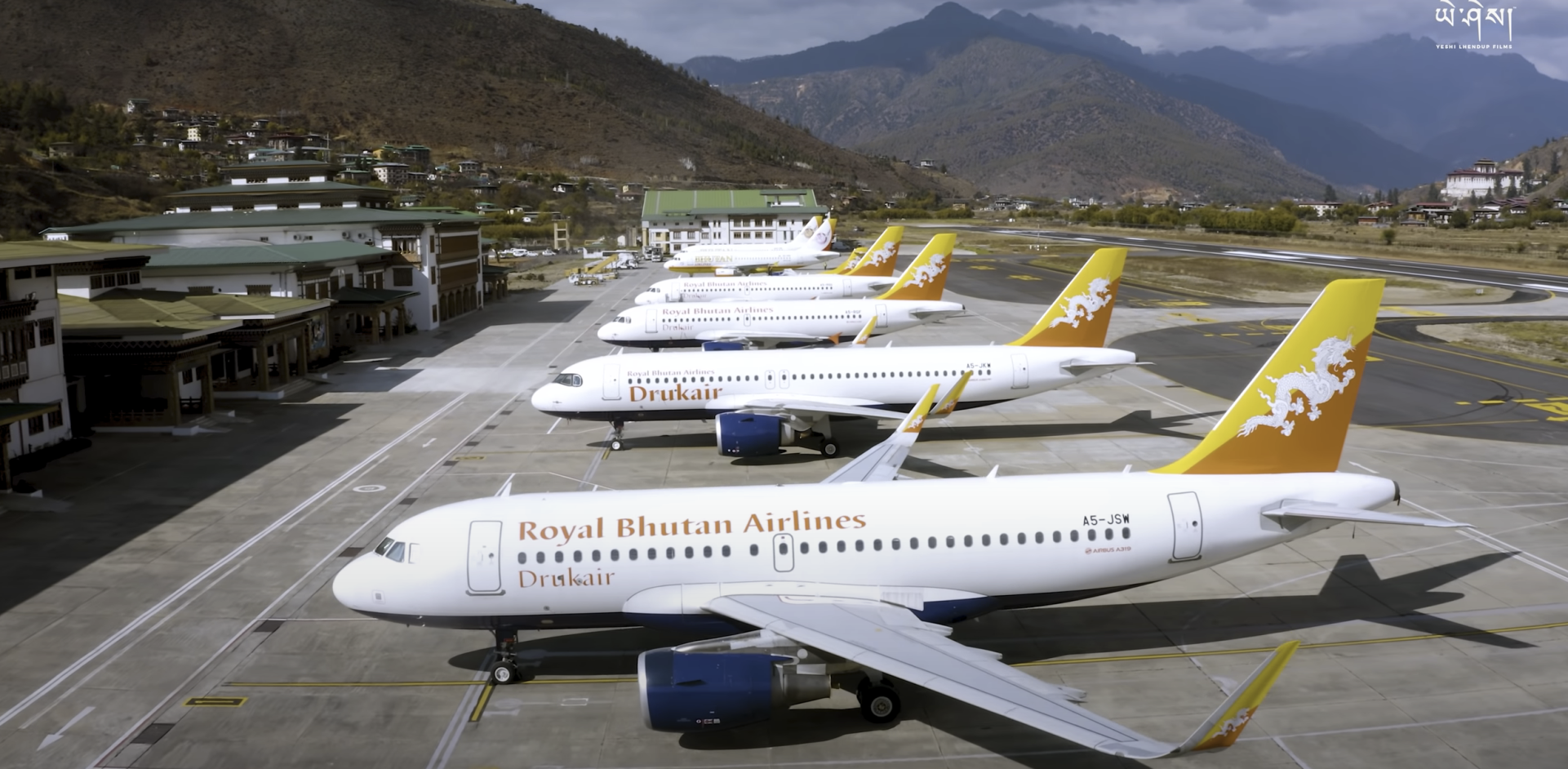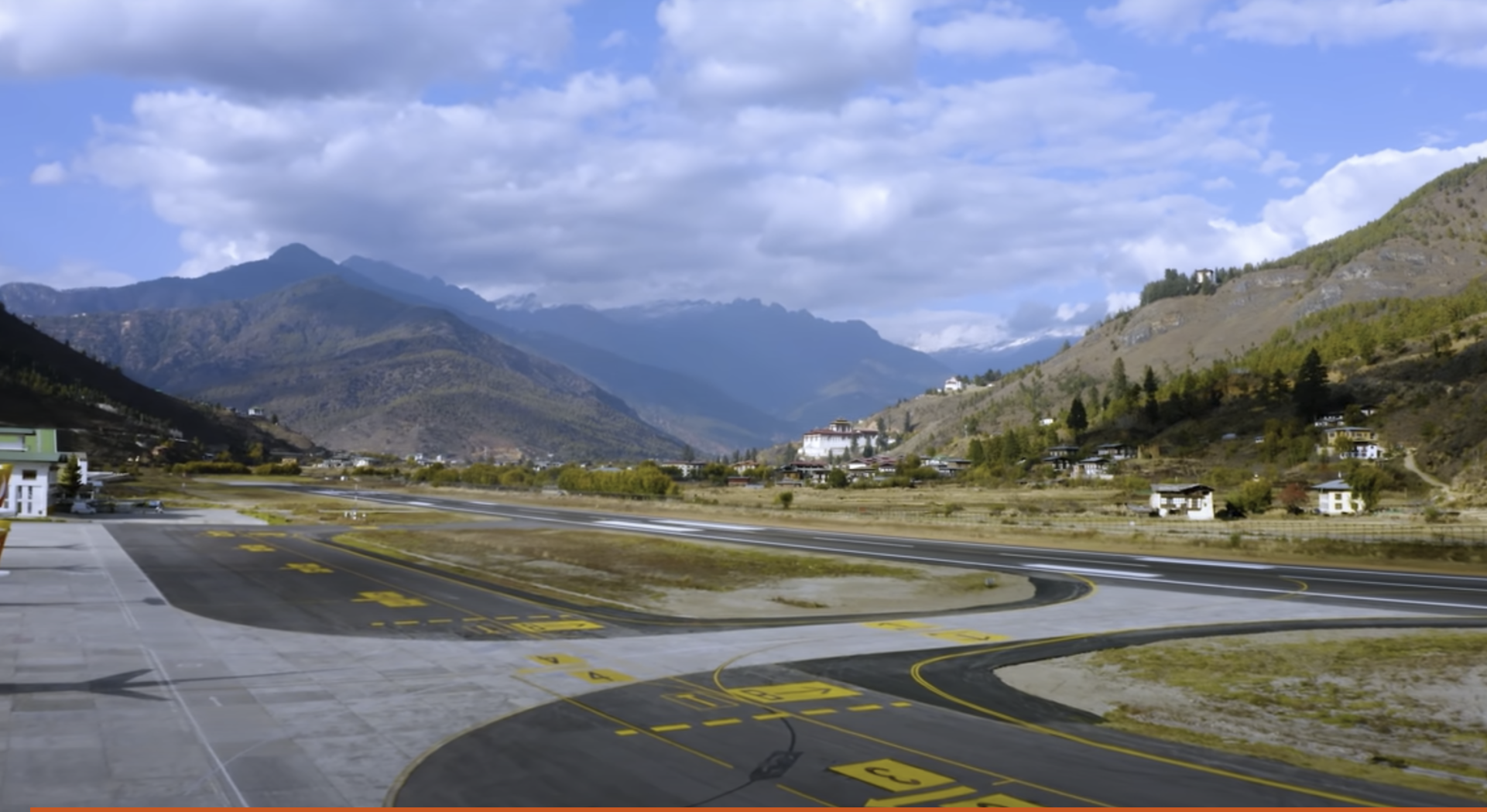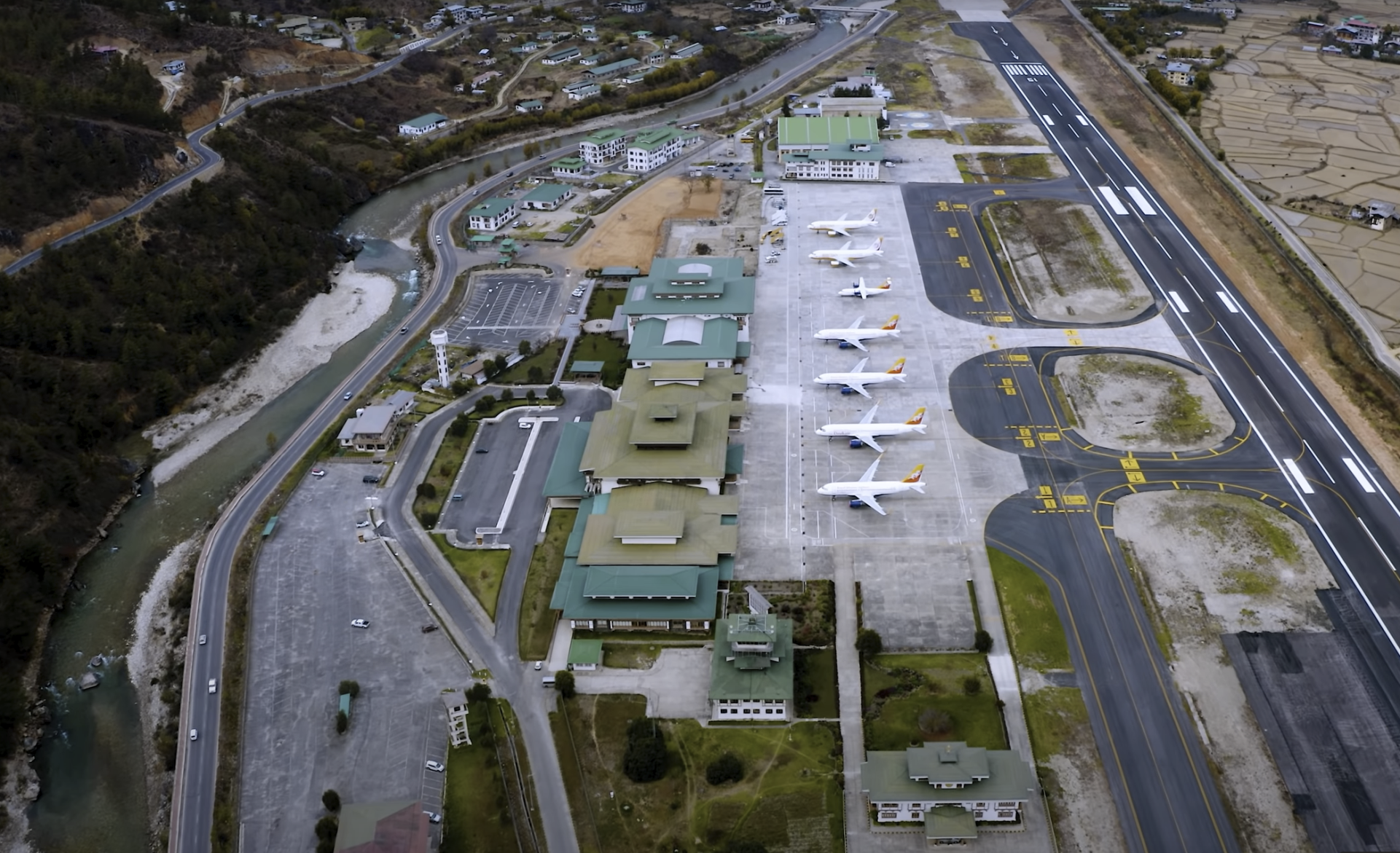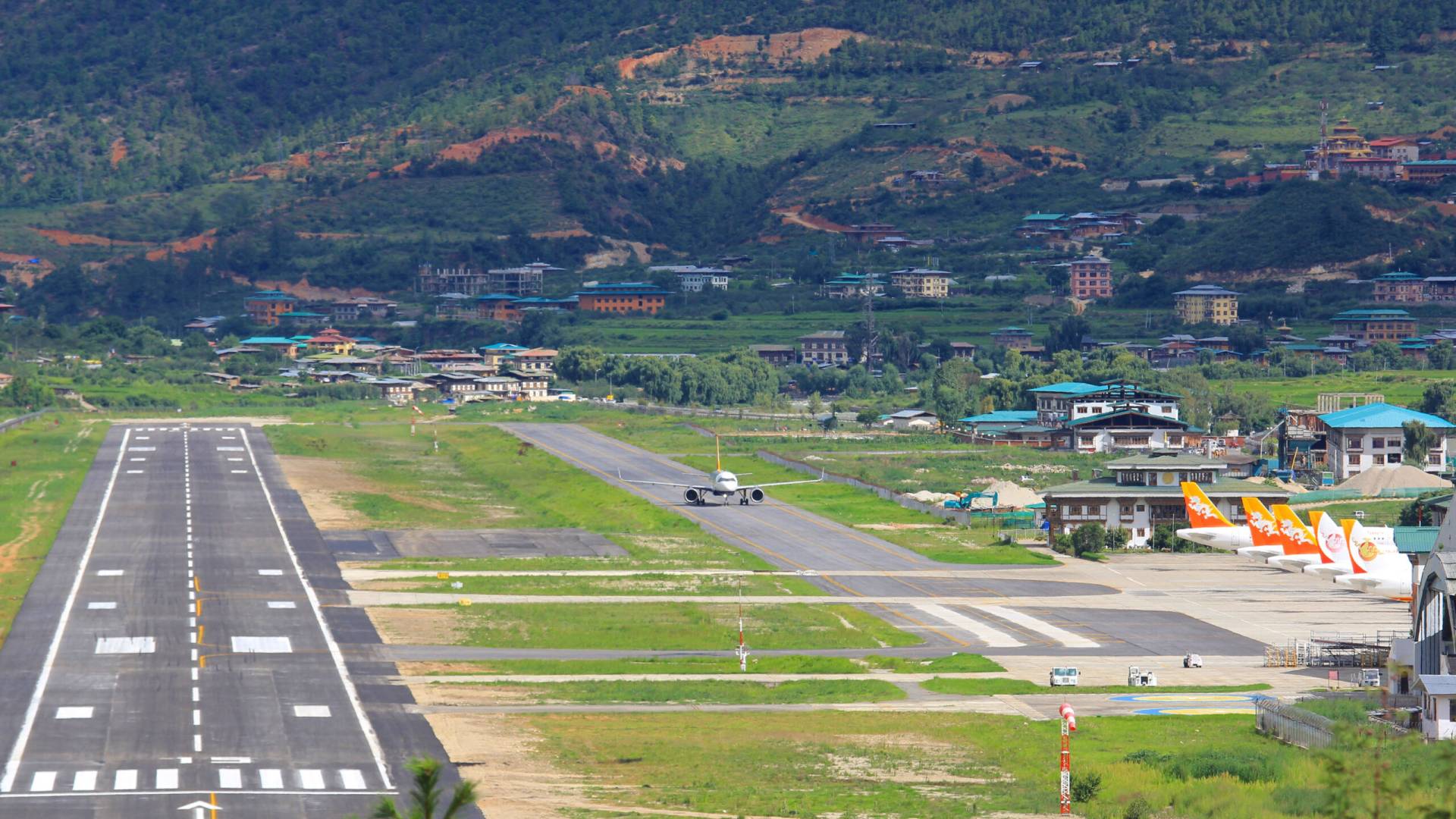










BCAA ensures the highest safety and security standards in Bhutan's aviation industry, adhering to international regulations and fostering a culture of operational excellence in civil aviation.
Announcements
Invitation for hotel quotation
promotion to Director General of Bhutan Civil Aviation Authority
Drukair’s induction of Pilatus PC-24 aircraft into its fleet
Bhutan Civil Aviation Authority Publishes New requirements for Sailplane

about us
The Bhutan Civil Aviation Authority (BCAA) ensures aviation safety, security, and infrastructure in Bhutan while adhering to global standards. It regulates air transport, promotes connectivity, and oversees aviation operations to support sustainable development. By collaborating with stakeholders, BCAA significantly contributes to Bhutan’s socio-economic growth through the effective management and enhancement of the nation’s air transport systems.
Established May 1986
The Bhutan Civil Aviation Authority (BCAA) was established in January 1986 as the Department of Civil Aviation, with support from ICAO and UNDP, to oversee aviation safety, security, and regulation in Bhutan while aligning with global standards.
